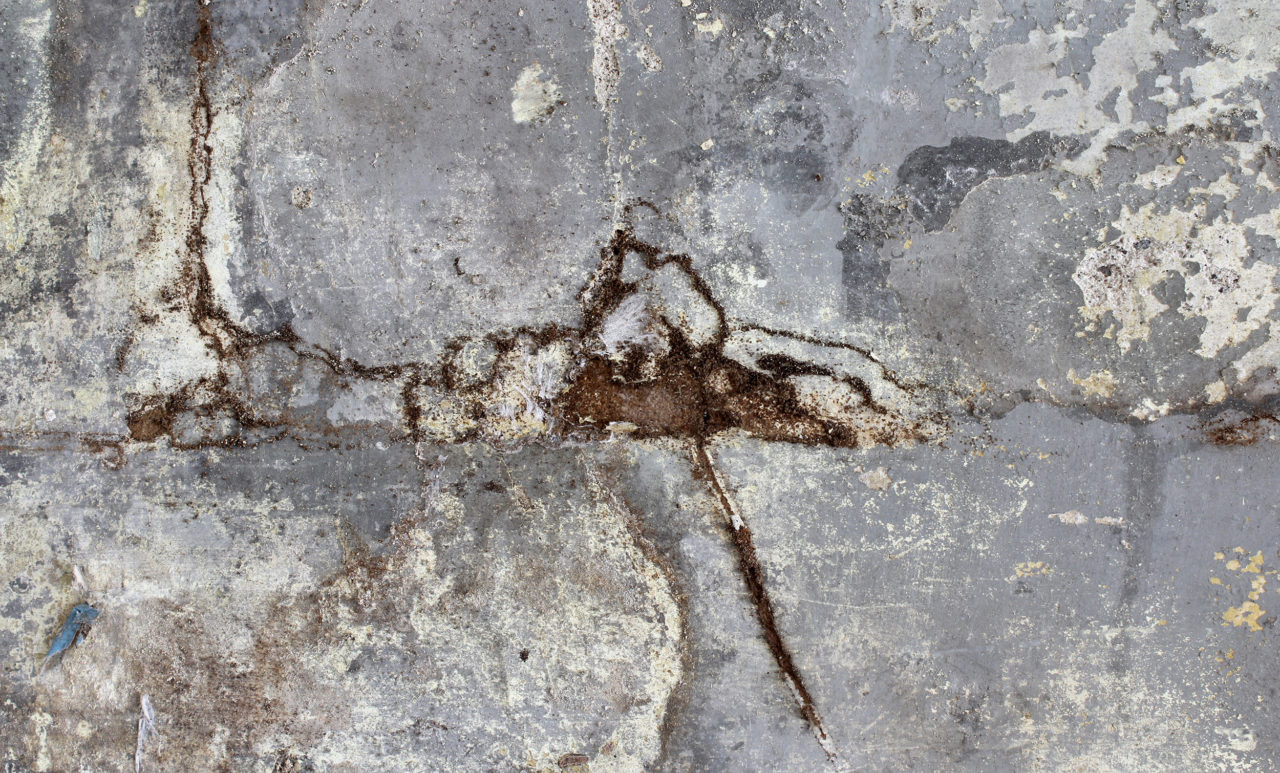Built capacity in strategic analysis, applied learning, and data-driven decision-making.
Context
USAID/Honduras aimed to improve its activities under its Country Development Cooperation Strategy (CDCS) by improving its ability to generate and learn from monitoring and evaluation throughout the project cycle.
Approach
Through the MESCLA project, Dexis supported USAID/Honduras to undertake more strategic, collaborative, and results-oriented approaches to monitoring, evaluation, and learning (MEL). We did this by designing and implementing evaluations, studies, and assessments of activities and approaches toward achieving development objectives; facilitating capacity building and knowledge dissemination for USAID staff and local partners; and providing expert analysis to develop and improve MEL strategies.
Achievements
MESCLA conducted numerous evaluations, assessments, studies, and stakeholder consultations to support institutional learning and improved program effectiveness. The project provided a range of support to the Mission, including: an initial knowledge management assessment and review of approaches to development objective integration; evaluations of workforce development, local governance, and economic growth activities; analysis of factors that influence migration, perception of security, and corruption; and facilitating the design of the new CDCS for the period 2021-2025.
MESCLA also worked with USAID/Honduras and its implementing partners to improve the monitoring of activities, achieve development objectives, and build technical MEL skills. The project applied a “learn by doing” approach with interactive workshops for Data Quality Assessments, MEL plans, and other technical needs to build capacity, enhance theories of change, and develop indicators for improved measurement over time. Over the life of the project, MESCLA also organized many internal reflection events, trainings, and communities of practice that focus on building and sharing learning on cross-sectoral areas of interest, such as gender, social inclusion, and migration.





